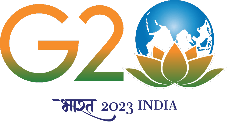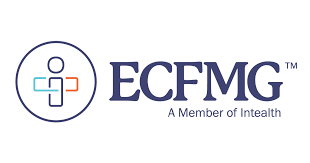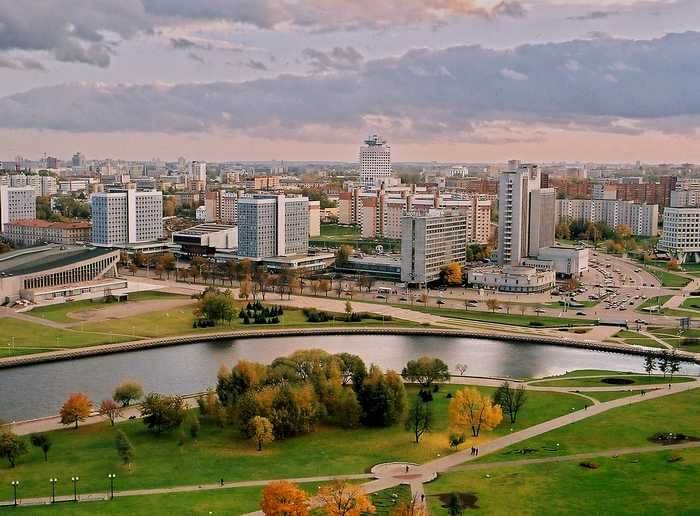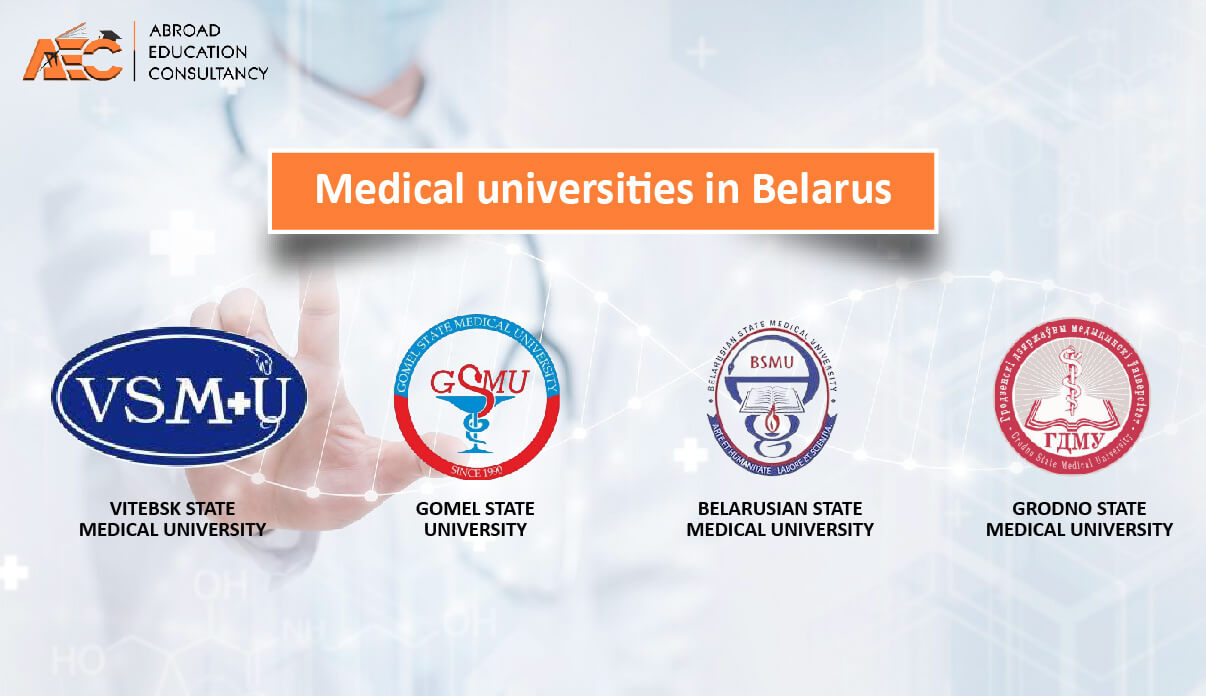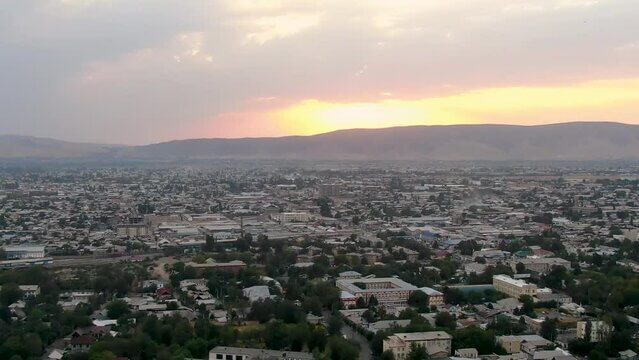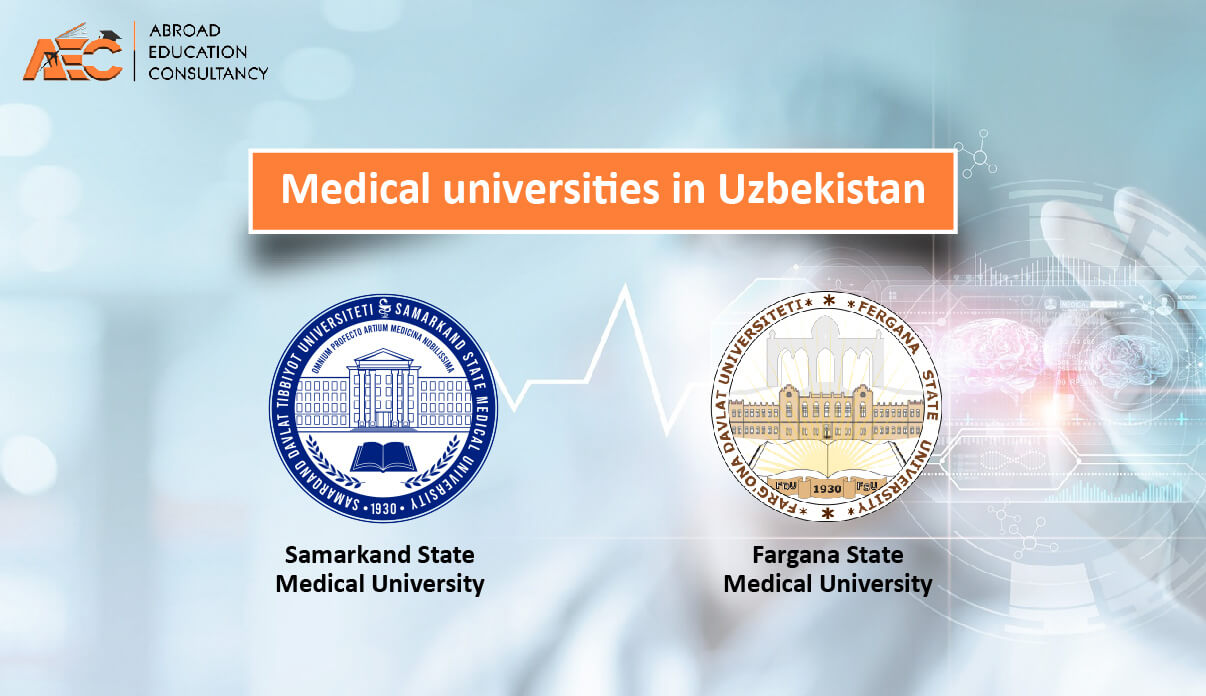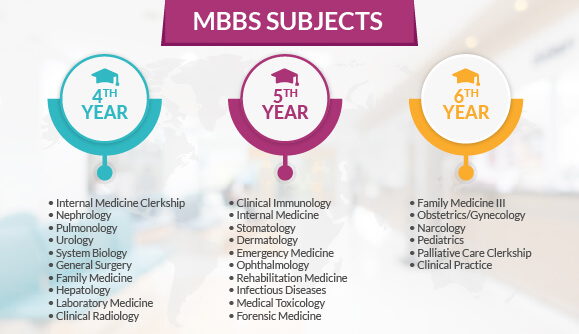Introduction
MBBS course in itself may feel like a long-lost road to aspiring Indian medical students. In the midst of that, it is enough for a student’s morale to drop down to zero when they fail to secure a seat for MBBS in India.
If you feel like you’re in the same boat and are on the verge of giving up on your dream of becoming a practical healer, we encourage you today to go forward and read this entire page as it hides the key to your fulfilling and purposeful life.
Being of service to others is considered the most honorable thing a human can do in this life. Having a career that serves others inevitably helps you to gain an immense amount of respect in society.
Although there are many pros to studying MBBS Abroad, there are several cons that need to be considered as well.

This page aims to comprehensively cover all topics related to studying MBBS abroad, making it a compelling option for aspiring medical students like you. Here, you'll find answers to all your queries, helping you make informed decisions about pursuing your dream of studying medicine overseas. Let us start with some key features that a student can expect if they study MBBS Abroad.
Things You Should Consider Before Applying for MBBS in Abroad Countries
- If you want to come back and practice medicine in India then only opt for medical universities that are MCI and WHO recognised.
- Always discuss your precise budget with your counselor to ensure a proper list of countries and universities that are eligible for you.
- Considering researching the university infrastructure to ensure that the universities are well equipped with the latest machinery
- If you are a vegetarian and would like to strictly adhere to that then kindly convey that to your counselor so they can shortlist countries that are a suitable match for you.
- Although talking to counselors should be sufficient to have a brief idea about the country and university, it does not hurt to ask the counselors to connect you with a senior that is currently studying MBBS Abroad for a better understanding.
- Always ask your counselors the pros and cons of every country and university.
- Always check the university’s official website before applying for admission.
Advantages of Studying MBBS Abroad

Obtaining a medical degree is a dream cherished by many Indian students, and studying MBBS Abroad has emerged as a promising pathway to achieve this aspiration.
With the limited number of medical seats in India and the cut-throat competition for admission, pursuing MBBS overseas opens up new horizons for aspiring doctors.
The allure lies in the opportunity to gain a world-class education, exposure to diverse medical practices, and the chance to immerse oneself in different cultures.
Moreover, studying abroad equips students with a broader perspective, fostering adaptability and cross-cultural skills that are vital in today's interconnected world.
In this context, exploring the advantages of pursuing MBBS Abroad For Indian Students becomes essential in shaping the future of Indian medical students.
Studying abroad definitely has some academic perks, however, there are some personality perks as well. Let us take a look at them

Competition
The competition to study MBBS abroad is notably lower than in India. The number of medical students in India is four times more than the number of medical seats available in Indian medical universities. In this scenario securing admission becomes highly competitive and difficult for students.
On the contrary, studying abroad offers a wide range of university and country options for every Indian medical student that ensures a seat for them. Abroad medical universities usually have seats available every year and are lenient in their eligibility criteria.
This takes off the pressure of an Indian student and opens doors for the student to pursue his/her dream instead of taking gaps in between years.
Tuition Fees
The low tuition fees offered by studying MBBS abroad present significant advantages for Indian students when compared to the excessive fees charged by Indian private medical universities.
Opting to study MBBS abroad not only provides access to high-quality medical education but also eases the financial burden, making it an attractive and cost-effective choice for aspiring medical professionals from India.
This affordability ensures students study with ease without dropping into a heap of financial burden. The affordable tuition fees not only benefit students but also help their parents to have some relief without compromising their child’s education.
Furthermore, the good news is that the low tuition fees do not compromise the quality of education by any means.
Choosing to study MBBS overseas is a smart decision as the pros outweigh the cons. You get to fulfill your dream career, have a globally recognized medical degree in hand, and also have the opportunity to return back to your homeland to pursue medicine further.
If we talk about the number the average six-year tuition fees for MBBS abroad depending on the country and university range somewhere around $30,000 to $60,000.
Whereas the cost of studying in Indian private medical universities stretches approximately up to $50,000 to $100,000. These vast differences make MBBS Abroad For Indian Students an irresistible choice.
Personality Development
Living alone away from our family and comfort zone is often not a pleasurable experience. However, this fosters personal growth and development in various aspects of one’s life.
The challenges and opportunities that rises from living alone have a profound impact on shaping yourself into the best version of yourself.
To begin with, living alone enforces you to cultivate independence which many Indian students long for but that concept seems foreign as Indians are known to live together as much as possible.
Staying away from family encourages self-reliance and responsibility in oneself. When one lacks the support system of family and familiar surroundings forces individuals to take charge of their daily lives, from managing finances to handling household chores. This newfound autonomy cultivates a sense of accountability and maturity, enabling them to make better decisions.
Secondly, living alone fosters resilience and adaptability. Being in an unfamiliar environment requires individuals to confront various obstacles and adapt to new circumstances. These experiences instill resilience, teaching them how to bounce back from setbacks and face adversities with determination.

Thirdly, staying all alone away from family persuades you to have a deeper look at yourself, at your goals and values in life which immensely helps in your personality development and makes you a more responsible, conscious, and reliable human being. This self-awareness facilitates personal development, leading to increased confidence and a clearer sense of identity.
Furthermore, the exposure to diverse cultures and perspectives that comes with living alone in a different place enriches individuals socially and emotionally. Interacting with people from different backgrounds broadens their horizons, fosters empathy, and nurtures open-mindedness.
Lastly, being away from family and comfort zone nurtures essential life skills. From managing finances and cooking to building new friendships and navigating unfamiliar territories, individuals gain practical knowledge that enhances their competence in various areas of life.
Respectful Human
Studying abroad is a transformative experience that fosters a deep appreciation and respect for every culture.
Immersed in a foreign environment, students encounter diverse traditions, customs, and perspectives, encouraging them to embrace cultural differences with an open mind.
This exposure cultivates empathy, understanding, and the ability to connect with people from various backgrounds. Cultural diversification while studying abroad makes you respect every culture and tradition without any biases.
By stepping out of their comfort zones and adapting to new cultures, students develop a profound respect for the richness of human diversity. Ultimately, this newfound respect enables them to become global citizens, equipped to contribute positively to an increasingly interconnected world.

Diagnostic Skills
Diagnostic skills are a fundamental aspect of a doctor's expertise, and studying abroad offers a unique opportunity for aspiring medical students to enhance these critical abilities.
Clinical exposure in foreign countries provides a global perspective, exposing students to a diverse range of medical conditions and patient populations.
Interacting with patients from different cultural backgrounds not only challenges the language barrier but also encourages aspiring doctors to become more perceptive observers of symptoms and non-verbal cues.
In a foreign healthcare setting, students must adapt to varying medical practices and healthcare systems, which fosters a sense of flexibility and adaptability.
As they navigate through these differences, they become adept at recognizing patterns and identifying commonalities in diseases, contributing to a more comprehensive understanding of medicine.
Exposure to a wide array of illnesses, often prevalent in different regions of the world, helps students become well-rounded diagnosticians.

They learn to think critically and apply their theoretical knowledge to real-life scenarios, honing their ability to arrive at accurate diagnoses.
This invaluable experience not only instills confidence in their diagnostic skills but also empowers them to tackle complex medical cases with proficiency.
Furthermore, exposure to a multitude of healthcare professionals and specialists from various backgrounds enriches the learning experience.
Collaborating with peers and mentors with different perspectives expands their approach to diagnosis and treatment planning.
The exchange of ideas and techniques ultimately broadens their diagnostic toolkit, making them more adaptable and resourceful in their medical practice.
In conclusion, for an aspiring doctor, clinical exposure is the most important component of your journey, studying abroad gives you a global perspective.
As you get to interact with native patients, the communication barrier pushes you to be more observant of the symptoms, thereby sharpening your diagnostic skills. This opens the doors for you toward a deeper understanding of medicine.
International Collaboration
Studying MBBS abroad not only enriches your academic experience but also opens doors to a diverse and extensive network of friends and colleagues from various backgrounds and cultures.
This international collaboration can prove to be immensely valuable in your medical career, particularly when it comes to enhancing patient recovery and overall healthcare outcomes.
Interacting with students and professionals from different countries and healthcare systems exposes you to a wide array of perspectives and approaches to medicine.
This cross-cultural exchange of knowledge and ideas allows you to gain insights into innovative practices and alternative treatment methods that might not be prevalent in your home country. Exposure to diverse medical practices can broaden your horizons and equip you with a more holistic understanding of patient care.
In the future, these connections and friendships forged during your time abroad can lead to potential collaborations. Working together with your international peers, you can exchange expertise, conduct joint research, and even participate in global health initiatives.

Collaborative efforts bring together diverse skills, experiences, and resources, which can significantly enhance your ability to address complex medical challenges and improve patient outcomes.
Furthermore, the cultural exchange that occurs during these collaborations fosters a deeper appreciation for different healthcare systems, beliefs, and patient care customs. This cultural competence is essential in providing patient-centered care and effectively communicating with a diverse patient population.
Overall, the international collaboration formed while studying abroad not only enhances your professional capabilities but also enriches your personal growth. It builds bridges across borders and brings together medical professionals with a shared goal of improving healthcare on a global scale.
Embracing such collaborations can lead to a more interconnected and empathetic medical community, where knowledge and compassion transcend geographical boundaries, benefiting patients and healthcare systems worldwide.
Patriotism
Studying abroad not only broadens your horizons academically but also instills a deep sense of patriotism and responsibility towards your homeland.
As an Indian student who chooses to return to their country after completing their education overseas, you have the unique opportunity to execute the valuable experience and knowledge gained during your time abroad. This decision can lead you to become an active participant in contributing to the progress and development of India.
One of the most significant ways your international education can benefit the nation is through the application of innovative ideas and cutting-edge knowledge in various fields.
Whether it be in medicine, technology, engineering, or any other discipline, your exposure to modern methodologies and global perspectives can inspire groundbreaking solutions to local challenges.
Moreover, your cross-cultural experiences can foster greater understanding and cooperation between India and other nations. By promoting cultural exchange and open-mindedness, you can bridge gaps and cultivate international collaborations, leading to mutual growth and progress.

Beyond professional contributions, your return to India can also play a crucial role in uplifting the educational landscape of the country. Sharing the best practices, teaching methods, and research insights from top foreign institutions can positively impact the Indian educational system, nurturing a generation of well-rounded and globally aware students.
Furthermore, your decision to come back to India reflects your love and devotion to the nation. This display of patriotism inspires others to contribute to the nation's betterment, creating a ripple effect that drives positive change at various levels of society.
In conclusion, by returning to India after studying abroad, you embrace a unique opportunity to utilize your experiences and knowledge for the advancement of the country. Whether it's through innovation, cultural exchange, educational improvement, or fostering patriotism, your active involvement in India's progress can leave a lasting and impactful legacy.





